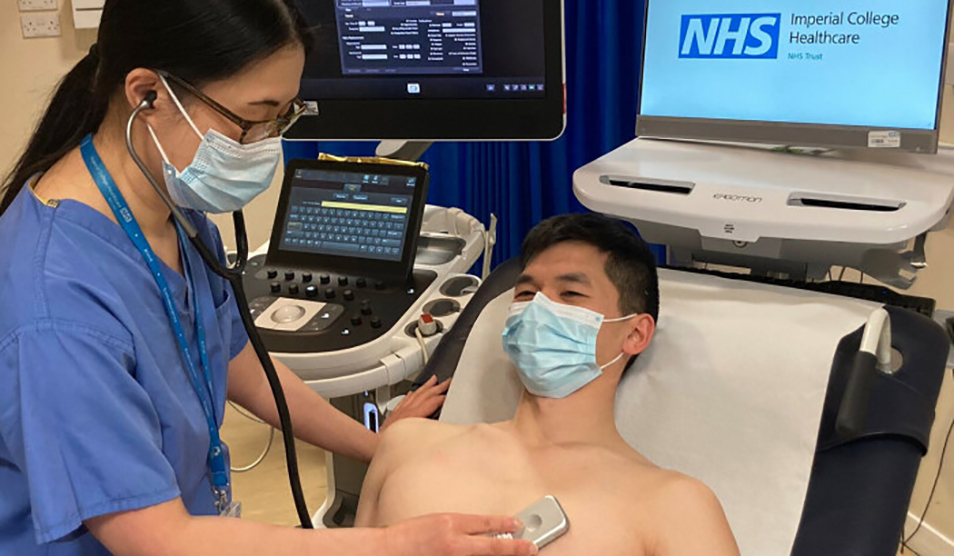With over seven million patients on the NHS waiting list and approximately 100,000 staff vacancies, artificial intelligence (AI) is emerging as a transformative force in healthcare. From improving patient care to streamlining administrative tasks, AI could reshape the NHS landscape.
AI’s applications in the NHS are diverse. It has the potential to identify risk factors and prevent chronic conditions such as heart disease, strokes, and diabetes. Additionally, AI can assist clinicians by analyzing medical scans and x-rays, expediting diagnosis and treatment. On the administrative side, AI technologies, including automated voice assistants and scheduling systems, are enhancing productivity by managing routine tasks and capturing consultation notes.
Sir John Bell, a senior government advisor on life sciences and president of the Ellinson Institute of Technology in Oxford, believes generative AI—capable of creating text and images—could be a game-changer. He envisions AI improving diagnostic accuracy and predicting patient outcomes based on various interventions, leading to more personalized treatment. However, Sir John stresses the importance of sharing innovations broadly to prevent disparities among different communities. “To achieve these benefits, the NHS must unlock the value within data silos, ensuring AI tools are accurate and equitable,” he states.
Despite the promise of AI, challenges remain. Dr. Caroline Green from the Institute for Ethics in AI at the University of Oxford highlights concerns about the accuracy of AI-generated information. AI tools, such as ChatGPT, have been used by some healthcare staff, but Dr. Green emphasizes the need for proper training to mitigate risks, including the potential for incorrect information. She also notes that some patients have opted out of GP services due to fears about AI’s impact on their privacy and healthcare quality.
Bias is another critical issue. AI models trained on non-representative datasets could exacerbate health inequalities related to gender or ethnicity. Therefore, robust regulation is essential to safeguard patient safety and personal data while allowing AI to evolve. The Medicines and Healthcare products Regulatory Agency (MHRA) oversees the regulation of AI-powered medical devices, ensuring safety and innovation balance.
The Health Foundation recently called for a six-point national strategy to ensure fair AI rollout and updated regulations. Nell Thornton, a senior improvement analyst at the foundation, emphasizes the need for a regulatory framework that can keep pace with rapid AI advancements.
The Department of Health and Social Care plans to harness AI’s potential by investing in new AI-enabled scanners to improve early diagnosis and treatment. While AI’s role in healthcare is undeniable, overcoming challenges related to trust, regulation, and staff training is crucial for its successful integration into the NHS.
For updates, follow BBC South on Facebook, X (Twitter), or Instagram. Share your story ideas with us via email at [email protected] or WhatsApp at 0808 100 2240.


